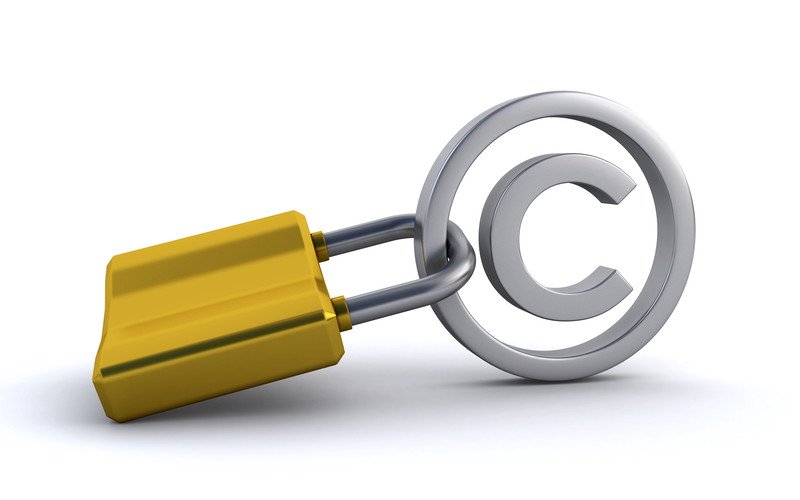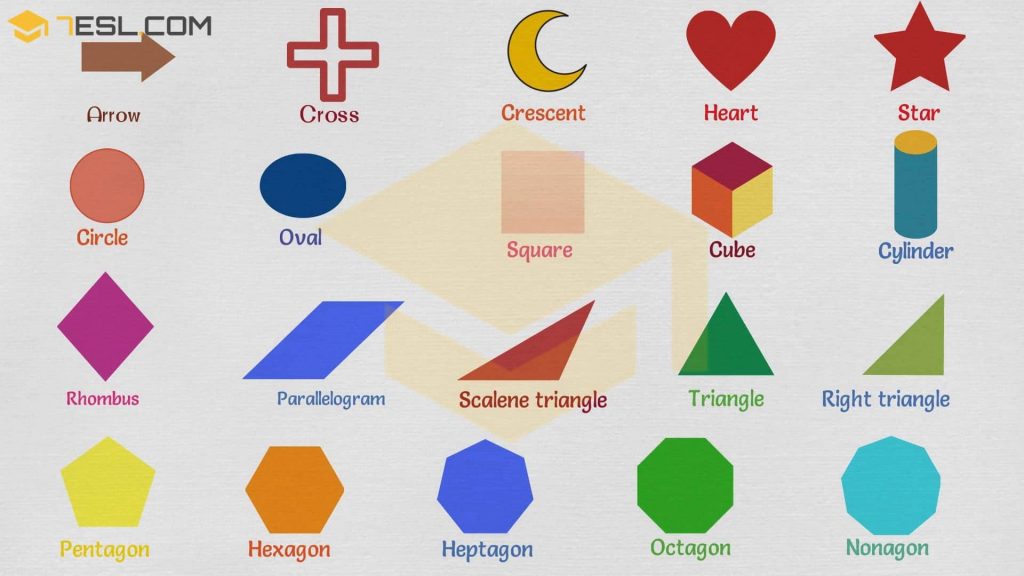The world around you is a global village and in this world, designs are all over the digital landscape- either it is on the portfolio of any professional designer or on the company’s website. On one hand, it has made the world of graphics easier to access but on the other hand, it has also given benefits to those who are ready to violate design copyright. The ultimate truth is very dejected that all the designs are only a screenshot away from ending up in disgraceful and shady hands.
It might be the case that your design looks exactly like another design. To cope up with such a situation, you want to double-check that there is no other copy of your design. There are various reasons why you might have to check where a design appears on the web.
The best part of this whole thing is that the internet provides you different tools for finding those copies.
1) Why should I check the Web for Design Copyright?

Now the question arises why you should check the web for copying of designs. To answer this very question, you can say there are multiple reasons for doing so. A few of them are explained here:
- Professional designers should search the web to see if their design has some illegal copies or not. It is part of regular portfolio maintenance. In this digital and online world, you need to market yourself by showcasing your designs to potential clients in a portfolio. But, unfortunately, some copycats or in other words thieves are also looking for design copyright which they can use without your permission later. But it is your job as a copyright holder to take action against such people.
- You should double-check the licensing status of stock images in your design. There a number of designs that include photographs or some kind of third-party imagery that is sourced from stock image agencies. It is quite common for clients to ask designers to add stock images in their designs which are not licensed. It is obvious that you do not want to do anything stupid like that. You should never use such images that are not allowed to use. Here the double-check technique will help you to make sure that the image being used is allowed to you by license or you still need to purchase it.
- You must need to check whether your design matches coincidentally with some other design. This is very important for logo designing because they should look different if they are going to be trademarked. It is possible that you create a logo for your client and later on, you will come to know that it matches the competitor’s logo. To avoid such a situation, you should double-check your logo design before submitting them to your clients.
The next thing to discuss is what kind of tools and techniques a
should use in order to check and protect their designs.
2) What feasible tools should I use?
Most people use the reverse image search feature on search engines to look for design copyright. It includes Pixsy, Bing, and Tineye but you should look for the Google image search. It is easy to use plus it is the biggest search engine among all of them with the largest database.

While using Google image search, all you have to do is to upload or drag and drop an image into the search box. You will see the following sections in your search results:
Other sizes of this image:
The section will appear after you click enter. It will only be shown if the same pictures of different sizes are available.
Visually similar images:
You should not worry about this section when finding the copies. Because there might be the images that will look like yours but they will definitely not match the original one.
Pages that include matching images:
The most significant section of these 3 is this one. It will help you to find the exact match of your image. The benefit of it is that most of the time it is completely accurate. If your design is derived from some original work, a Google image search will even tell you that from which it is derived. If this section is empty, then there is certainly no match for your image.
Now you are able to understand what each section represents. It is time for you to learn some essential techniques that will help you to get better results for checking the violation of design copyright.
3) Use these techniques to get better search results
Search with the original image
When your client asks you to create a design for them and gives you some raw images to use in that design, you have to double-check that image before using it in the design. You should know that the image files have a lot more information than raw images. They are better in quality plus they have the name of the source and copyright status of the image. So, in order to get better results, you should search with both source and copyright status because it will give you detailed results. You should try to search with the original file when possible.
Isolate the main image
If you are looking for an image that is part of some larger design like a poster or ad, then you should not use reverse image search for the entire design. Rather you should look only for the image and not its text or any other design. You should crop everything except the picture and then drag that image into the search box.
Convert the image into different scales
You know that colors can sometimes mislead you especially if the hue has been changed in copied designs. If you do not find anything related to your image then try to convert it into grayscale because you are looking for the actual graphics and not the photography. To do this, you should convert the image into grey with a black lining and having a white background. This technique will help you to get better results.
Use more than one reverse image search engine
When nothing else works, you should try this technique. You should use different search engines to double-check the authenticity of your image. They might have a smaller database than that of Google but you should give it a try at least once. Other search engines include Tineye, Bing, and Yandex.
It is quite significant that Google tweaks its algorithms from time to time. As a result of this, you will see that on some days your searches were not that effective so you should just wait and try some other day. It is possible that your design might have been copied from some other source even though you have checked it through Google image search. But, if you have followed the whole procedure that is explained and found nothing similar, then you should be confident that your design is not copied or plagiarized. It is time to relax because you have not scalped another designer’s work.
The world around you is a global village and in this world, designs are all over the digital landscape- either it is on the portfolio of any professional designer or on the company’s website. On one hand, it has made the world of graphics easier to access but on the other hand, it has also given benefits to those who are ready to copy each and everything. The ultimate truth is very dejected that all the designs are only a screenshot away from ending up in disgraceful and shady hands.
It might be the case that your design looks exactly like another design. To cope up with such a situation, you want to double-check that there is no other design copyright. There are various reasons why you might have to check where a design appears on the web. The best part of this whole thing is that the internet provides you different tools for finding those copies.



